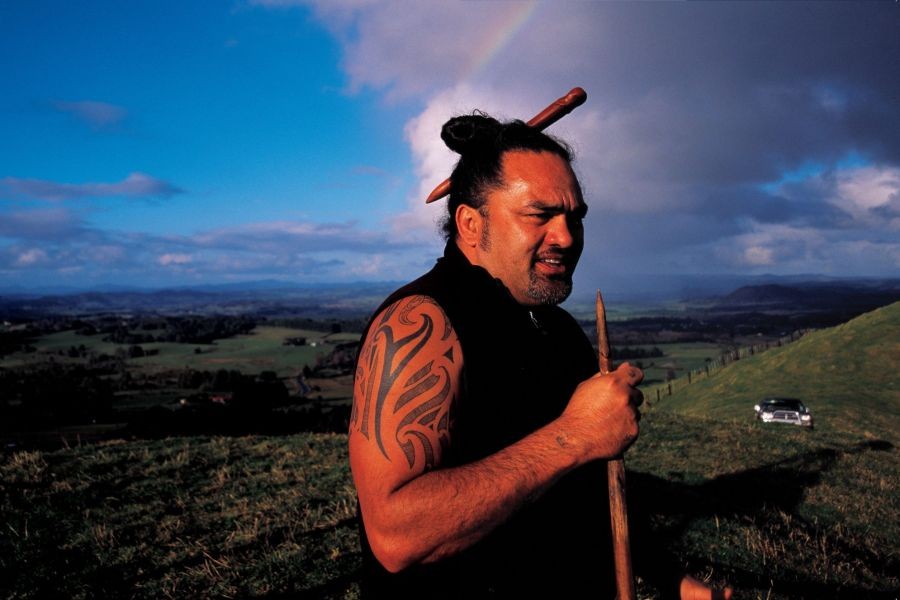New Zealand’s tourism sector is experiencing a renaissance, driven by breathtaking landscapes, rich Maori culture, and a post-pandemic global surge in travel. This surge presents a golden opportunity for businesses to expand and capitalize on the influx of tourists. However, with every opportunity comes challenges. How can businesses strategically leverage this boom to maximize profits and ensure sustainability?
Understanding the Current Tourism Landscape in New Zealand
New Zealand welcomed over 3.8 million international visitors in 2019, according to Stats NZ. Although the pandemic caused a temporary dip, the industry is bouncing back with vigor. The Ministry of Business, Innovation and Employment (MBIE) projects that by 2025, tourist numbers could exceed pre-pandemic levels, offering a lucrative market for businesses.
Key Drivers of the Tourism Boom
- Increased Flight Connectivity: Airlines have expanded routes, making travel to New Zealand more accessible.
- Digital Marketing: Innovative campaigns showcasing New Zealand’s natural beauty and cultural experiences have captivated global audiences.
- Post-Pandemic Travel Surge: After prolonged lockdowns, there is a pent-up demand for travel, with New Zealand being a top choice for its serene landscapes.
Case Studies: Successful Business Transformations
Case Study: Hobbiton Movie Set – Leveraging cultural tourism
Problem: The Hobbiton Movie Set, initially a temporary film set, faced the challenge of sustaining interest post-filming.
Action: By transforming into a permanent tourist attraction, Hobbiton tapped into cultural tourism. They offered guided tours, themed events, and merchandise, enhancing the visitor experience.
Result: Visitor numbers soared, with a reported increase of 20% year-on-year. The site now attracts over 600,000 visitors annually, contributing significantly to the local economy.
Takeaway: Capitalizing on cultural heritage can significantly boost tourist engagement and revenue.
Case Study: Queenstown adventure tourism – Embracing Sustainability
Problem: Queenstown, known for adventure tourism, faced environmental concerns and regulatory challenges.
Action: Businesses adopted sustainable practices, such as eco-friendly transportation and waste management. Collaborations with local conservation groups were established.
Result: Not only did these measures enhance the town’s reputation, but they also attracted eco-conscious tourists, increasing visitor numbers by 15% in 2023.
Takeaway: Sustainability is not just a trend; it's a vital component of modern tourism strategies.
Strategies to Capitalize on the Tourism Boom
1. Embrace Digital Transformation
Businesses should invest in digital tools to enhance customer engagement and streamline operations. For instance, leveraging AI-driven platforms like Triptease can personalize visitor experiences, increase booking rates, and provide data analytics for strategic decision-making.
2. Diversify Offerings
By offering a diverse range of products and experiences, businesses can cater to a broader audience. This includes expanding into niche markets such as wellness tourism or culinary tours, which have shown promising growth globally.
3. Enhance Customer Experience
Focus on providing exceptional customer service, which can turn one-time visitors into repeat customers. Training staff in intercultural communication and hospitality can make a significant difference.
Pros and Cons of Investing in the Tourism Sector
Pros:
- Revenue growth: The tourism boom offers significant potential for increased sales and profits.
- Job Creation: Expanding tourism services can lead to more employment opportunities.
- Brand Visibility: Engaging with international tourists enhances brand recognition globally.
Cons:
- Seasonal Fluctuations: Tourism is often seasonal, which can affect cash flow during off-peak periods.
- Environmental Impact: Increased tourism can strain natural resources and lead to environmental degradation if not managed sustainably.
- Regulatory Challenges: Navigating local regulations and compliance requirements can be complex.
Debunking Common Tourism Myths
Myth 1: Only Large Businesses Benefit from Tourism
Reality: Small and medium enterprises (SMEs) can effectively tap into tourism by offering unique, personalized experiences that large corporations cannot.
Myth 2: Tourism is Only Seasonal
Reality: While some activities are seasonal, strategic diversification and marketing can ensure year-round engagement.
Myth 3: Environmental Sustainability Hinders Profitability
Reality: In fact, sustainable practices can attract eco-conscious travelers and reduce operational costs in the long term.
Future Trends and Predictions
By 2030, the tourism landscape in New Zealand will be heavily influenced by technological advancements and climate change policies. According to the Reserve Bank of New Zealand, investment in sustainable tourism infrastructures, such as electric transport and eco-friendly accommodations, will be crucial. Furthermore, digital transformation will continue to enhance customer engagement, with AI technologies playing a pivotal role in personalizing experiences and optimizing operations.
Final Takeaways
- Capitalize on cultural and adventure tourism to attract diverse visitor demographics.
- Invest in digital tools and sustainable practices to enhance customer experience and operational efficiency.
- Stay informed about regulatory changes and industry trends to remain competitive.
Are you ready to harness the potential of New Zealand's tourism boom for your business? Share your thoughts and strategies in the comments below!
People Also Ask
How does tourism impact businesses in New Zealand?
Tourism significantly boosts New Zealand's economy, with businesses reporting increased revenues and job creation opportunities. According to MBIE, tourism contributed NZD 40.9 billion to the economy in 2022.
What are the best strategies for capitalizing on tourism?
Successful strategies include embracing digital transformation, diversifying offerings, and enhancing customer experience. Businesses should also focus on sustainable practices to attract eco-conscious travelers.
What upcoming changes in New Zealand could affect tourism?
By 2026, policy updates focusing on sustainability may shift the tourism landscape. Businesses should adopt eco-friendly practices to align with these changes and appeal to environmentally conscious tourists.
Related Search Queries
- New Zealand tourism trends 2025
- How to start a tourism business in NZ
- Sustainable tourism strategies
- Impact of tourism on NZ economy
- Digital marketing for tourism businesses































